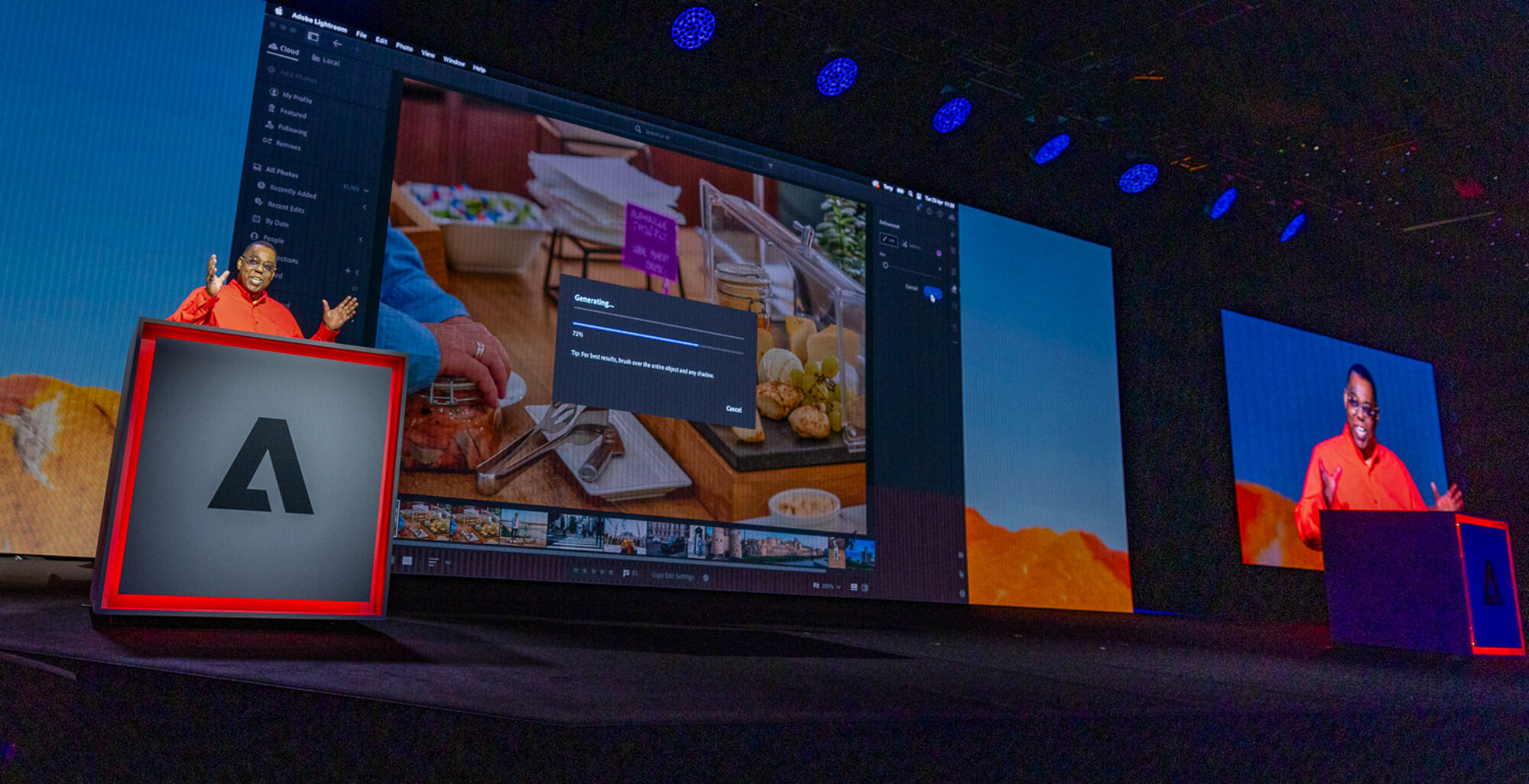Enhance Your Expertise with the Best tech blog Featuring Industry Specialists
Enhance Your Expertise with the Best tech blog Featuring Industry Specialists
Blog Article
How Blockchain Technology Is Revolutionizing Information Protection
Blockchain innovation is essentially modifying the landscape of data safety and security by introducing a decentralized framework that guarantees enhanced transparency and resilience. Unlike traditional systems, which count on centralized data repositories, blockchain distributes data throughout a network, lessening vulnerabilities and single points of failure. The usage of advanced cryptographic strategies ensures that data continues to be tamper-proof, cultivating count on amongst stakeholders and users.
The Fundamentals of Blockchain
Blockchain technology, a cutting edge concept in electronic data monitoring, basically changes how details is stored and protected. At its core, a blockchain is a distributed ledger that videotapes purchases across a network of computers, ensuring openness and immutability. The innovation runs on a chain of blocks, each containing a list of transactions. As soon as a block is filled, it is time-stamped and connected to the previous block, developing a chronological chain.
Secret to comprehending blockchain is the hashing process, which encrypts transaction data into an unique alphanumeric code. This cryptographic function ensures that any type of alteration in the transaction data leads to a totally different hash, thus safeguarding against meddling. The agreement device, an additional important element, validates and validates new purchases through a network of nodes, thereby eliminating the requirement for a centralized authority.
In addition, blockchain's append-only framework guarantees that data, when added, can not be deleted or modified. This characteristic assurances a permanent and verifiable document of purchases, cultivating depend on amongst participants. Therefore, blockchain provides a robust framework for information honesty, using markets a trustworthy technique for tracking and handling electronic info in a safe, transparent fashion.
Decentralization and Safety And Security
Decentralization, a core concept of blockchain innovation, considerably enhances data safety and security by distributing control across a network rather than counting on a singular, centralized entity. By dispersing data throughout countless nodes, blockchain ensures that even if one node is compromised, the whole network stays safe and secure.

In addition, decentralization encourages users with greater control over their information. Each individual in the network has access to the whole blockchain, allowing them to confirm and examine transactions individually. This transparency cultivates count on amongst users, as they do not have to rely upon a main authority to make sure information integrity. On the whole, decentralization contributes in improving information protection in blockchain networks.

Cryptographic Techniques
At the heart of blockchain technology, cryptographic strategies play a crucial duty in safeguarding information, ensuring both confidentiality and honesty. Cryptography in blockchain uses a mix of symmetrical and crooked formulas to encrypt information, making it accessible just to authorized celebrations.
Hash functions are one more crucial part, changing input information into a fixed-size string of characters, properly creating an unique electronic finger print for every block. This makes sure that any kind of effort to alter the information will result in an entirely various hash, hence maintaining the immutability of the blockchain. Digital signatures validate the authenticity and stability of deals, supplying a layer of non-repudiation.
The decentralized nature of blockchain, incorporated with robust cryptographic strategies, eliminates the requirement for intermediaries, lowering possible navigate to this website vulnerabilities. As blockchain innovation advances, innovations in cryptography such as zero-knowledge proofs and homomorphic encryption remain to enhance safety measures, better fortifying information defense in this revolutionary electronic ledger system.
Use Situations Throughout Industries

In the medical care market, blockchain makes sure the safe storage space and sharing of individual documents, advertising interoperability while guarding delicate information from unauthorized gain access to. This modern technology equips patients with control over their clinical history and helps with seamless sychronisation among health care service providers.
Supply chain management benefits considerably from blockchain's unalterable journal, which makes sure traceability and authenticity of items from beginning to customer. By boosting transparency, blockchain helps mitigate issues such as counterfeiting and underhanded sourcing.
Additionally, blockchain's decentralized nature is improving the energy field by making it possible for peer-to-peer power trading, where customers can deal excess sustainable energy straight. This fosters a more lasting and reliable power environment.
In the world of intellectual property, blockchain gives a tamper-proof platform for creators to register and protect their jobs, making certain rightful acknowledgment and fair settlement. These diverse use cases underscore blockchain's role as a crucial force in redefining data security throughout sectors.
Future of Data Protection
As we want to the future of information protection, blockchain modern technology is positioned to play a critical duty in protecting digital information. With its decentralized and unalterable attributes, blockchain provides a robust structure for safeguarding sensitive information versus unauthorized gain access to and cyber risks. This innovation makes sure that once data is taped, it is virtually difficult to modify without detection, thus offering a significant advantage over standard information storage space methods.
The integration of blockchain with various other advanced modern technologies, such as expert system and the Web of Things (IoT), is anticipated to boost information defense methods better. By leveraging smart contracts, companies can automate and apply security methods, decreasing human error and raising efficiency. In addition, blockchain's capacity to provide deducible and clear transactions will reinforce count on and responsibility in information management methods.
As regulative landscapes progress, blockchain's compliance-friendly nature will end up being increasingly pertinent. It can help organizations satisfy rigorous data protection policies, such as the General Data Protection Guideline (GDPR) and the California Customer Personal Privacy Act (CCPA), by offering proven documents of information handling tasks. Ultimately, blockchain's unique features setting it as a transformative device in the recurring mission to protect the electronic world against ever-evolving cyber threats.
Verdict
Blockchain innovation represents a paradigm change in information protection by leveraging decentralization and cryptographic methods to improve openness, count on, and data honesty. Its ability to eliminate solitary points of failing and utilize consensus devices significantly minimizes the danger of scams and cyberattacks. This cutting-edge structure not just encourages individuals with greater control over their information but also lines up with regulatory conformity. As cyber risks evolve, blockchain arises as a crucial tool for robust information defense across numerous markets.
Blockchain technology is essentially modifying the landscape of data safety and security by presenting a decentralized structure that promises improved openness and strength. Unlike traditional systems, which depend on central information repositories, blockchain distributes information throughout a network, decreasing vulnerabilities and single factors of failing.Decentralization, a core principle of blockchain innovation, considerably enhances data safety and security by dispersing control throughout a network instead than relying on look at more info a singular, central read more entity.At the heart of blockchain technology, cryptographic methods play a pivotal role in protecting information, making sure both discretion and stability.Blockchain innovation represents a standard change in data safety by leveraging decentralization and cryptographic methods to boost transparency, depend on, and data integrity.
Report this page